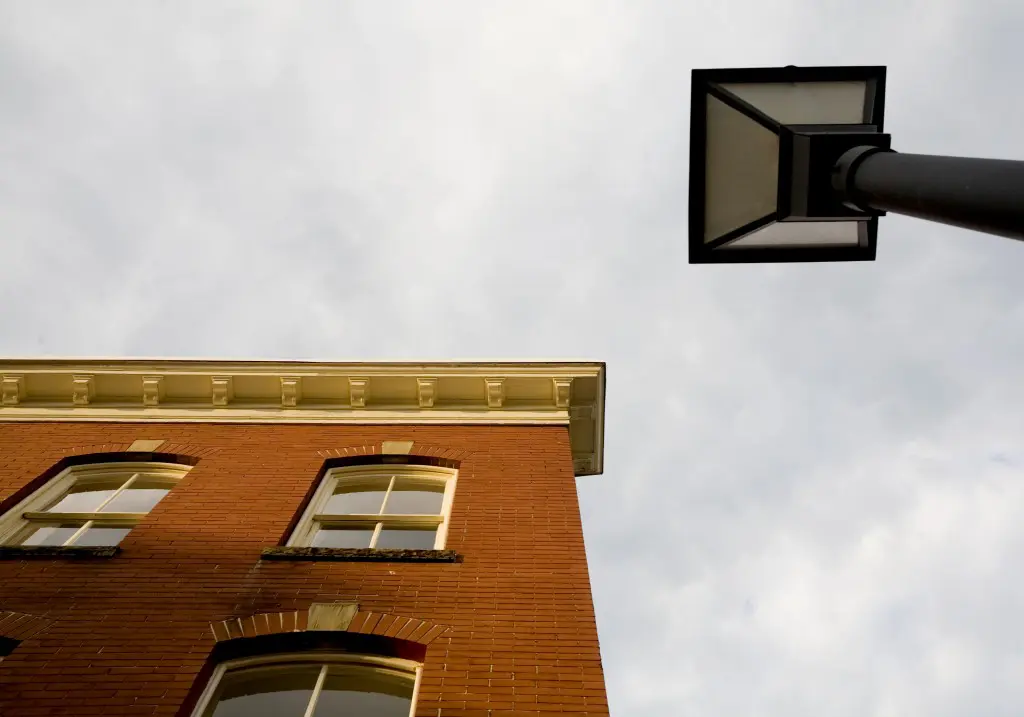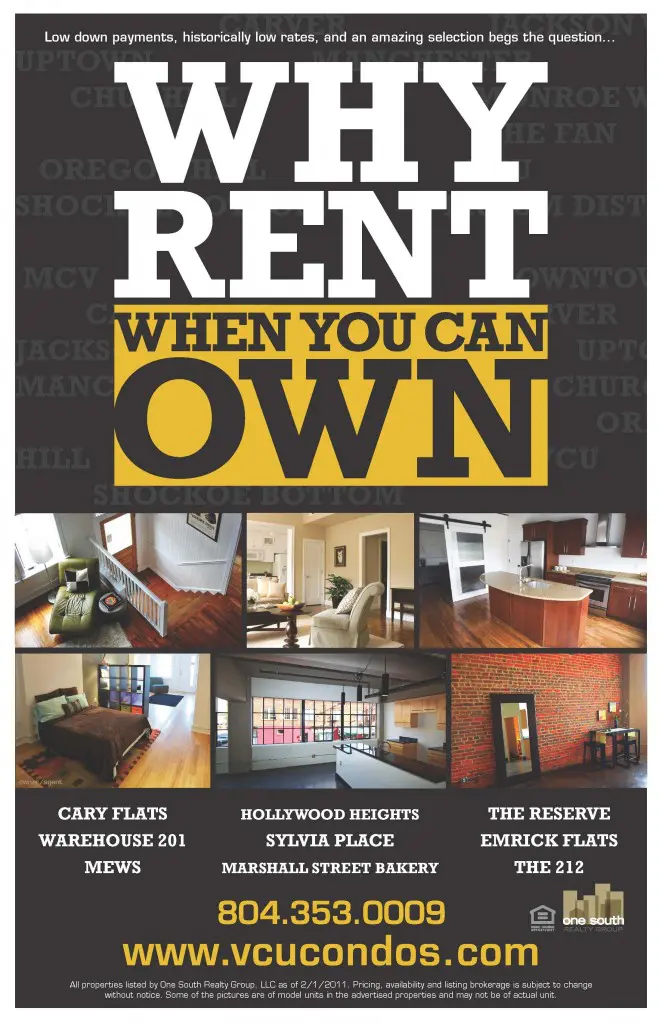 Someone should write a condo app. The app wouldn’t sell anything or make sounds or track anything. It would simply be an app that brokers could point their clients to once the litany of questions about condo dues comes up.
Someone should write a condo app. The app wouldn’t sell anything or make sounds or track anything. It would simply be an app that brokers could point their clients to once the litany of questions about condo dues comes up.
And they will come up.
While some of the questions I get, pretty much on a daily basis, are quite astute and on point, many indicate a complete lack of understanding of what “dues” really are. And that isn’t an easy concept to explain. A sentence or two usually won’t do the job. It can take not one but two agents—the purchasing and sales agents—to get a buyer comfortable with the idea of dues.
Condos are still relatively new to Richmond. In Downtown Richmond seven years ago, condos didn’t really exist. The rapid rise and growth of condos in the city created a steep learning curve for both the Realtor community as well as the buyers. Many agents went out of their way to understand the intricacies of condo ownership. And they’re better for it. But more than a few agents punted, and this lack of knowledge has given rise to too many buying agents feeding their clients bad information.

I’ve taken it upon myself to give back to our fine real estate community and once and for all explain condo dues.
For starters, this is not a true statement – SINGLE FAMILY HOMES DO NOT HAVE DUES. If you are a buyer and your agent tells you this, show them the door. They don’t understand dues. Let me repeat, if your agent tells you that single family homes do not have dues, then fire them.
Single-family houses have dues….you just aren’t made aware of them in the same way as you would be with a condo.
Before we go any further, let’s apply some numbers so that we know what we are talking about.
The majority of the condos in Richmond have a dues structure of roughly $2.50 – 3.50 per square foot per year of dues expense. Let’s use an example: a 1,000 square foot condo with a parking garage and an elevator will typically generate $200-300 per month in dues, or somewhere in the neighborhood of $3,000 a year.
Do you get a water or sewer bill at your home? Well, in a condo, water and sewer is typically a part of your dues ($200-300 per year is about right in most places).
How about hazard insurance? A group of condos must be insured by the association. Therefore, the vast majority of your insurance bill is included in your dues (about $500-700 per year).
So before you get worked up about high condo fees, think about what normal operating expenditures are included in them, and what you won’t be paying in the normal course of business.
The second (and most misunderstood) component of dues is the maintenance and reserve budget.

Do you have a roof on your single-family home? I’m going to go out on a limb and say yes. What does that cost to replace? A lot. When will it happen? When you can least afford it. Are you putting any money away for that replacement? Probably not, right?
The condo people are.
How about those exterior walls you see every day? What does it cost to keep them painted or cleaned? What does it cost to replace the rotten siding or wood trim? Are you putting money away for this repair?
The condo people are.
Each month, the condo association stuffs some portion of the dues go into an account for future repairs and maintenance. In lieu of waiting for the repair to be needed and then asking for each person to put up their pro-rata share, the money is available. If the repair is not needed, then the money is not spent. It is sitting in an account, ready when needed.
But there’s more. Who mows the lawn? Who cleans your pool? Who cleans your gutters? Ahh, you’re starting to understand condo fees, right?
When you think about it, putting $2,000 a year towards both current AND future repairs seems to make a lot of sense, right? When you’re paying 100 percent of the repair and maintenance expense for your house, and you encounter some big-ticket items, your checkbook will feel that pain. Look at the last year. Better yet, look back five years at what you spent on maintenance. My bet is that living in a condo is actually cheaper than living in a single-family home when the entire cost of ownership it truly examined.
Here’s the takeaway—all improved properties (single-family, commercial, apartment, condominiums) have “dues” by one name or another. The question is whether or not they are paid collectively in advance (as they are in condos) or in a lump sum in arrears (as they are on a single-family home). To say that one property type has dues and one does not is foolish, especially if you’re using dues as a deciding factor in your purchase decision. You have to dig deep to make it an apples-to-apples equation.
Lay it all out on a spreadsheet and review the condo association’s budget (which by law you have the right to do) and then make your decision. There are a lot of factors you should consider when thinking about condo living. But don’t let condo dues have too much influence, at least without truly understanding exactly how they measure up to single-family living.





